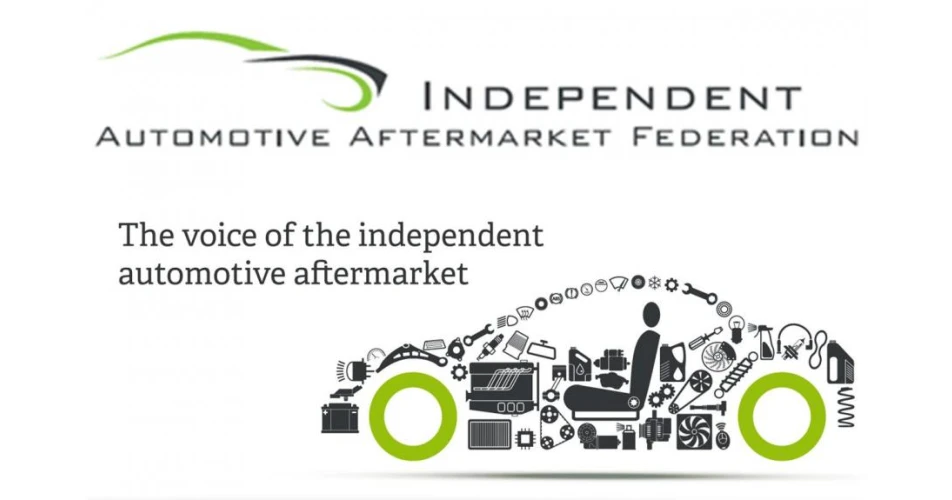In the face of the Coronavirus pandemic, vehicle manufacturers across Europe having been pressing governments to introduce vehicle scrappage schemes to boost car sales. However, The Independent Automotive Aftermarket Federation (IAAF) has warned against such schemes and believes a more rounded approach is needed that does not just concentrate on new vehicles.
The federation argues that if introduced, it will have a significantly negative effect on public mobility and the automotive aftermarket long term, especially as most of the vehicles eligible for the scheme will still be very much roadworthy. It points to the previous experience of scrappage in the UK in 2009. This it said removed 400,000 perfectly serviceable vehicles from the aftermarket, with more than 90% of vehicles sold under the scheme originating from non-UK factories.
As 100% of new cars sold in Ireland are imported, the introduction of a scrappage scheme here could have a similar negative economical impact, while also affecting jobs in the aftermarket and having a negative overall environmental impact.
The IAAF also warns that with a newer vehicle parc, there is also a risk that vehicle manufacturers could potentially gain a monopoly on access to vehicle technical condition data, raising the question of data access. With the forthcoming block exemption legislation renewal due in 2023, IAAF is continuing to argue that the aftermarket should have the same access rights as the franchised sector, providing the workshop is equipped with appropriate tools and equipment, thus creating a level playing field for all.
Wendy Williamson, IAAF chief executive, said: “Motorists are currently under great pressure, and they should not be penalised for keeping hold of vehicles that are in good working condition and can continue to be serviced, repaired and maintained long into the future. Not only is this unfair to consumers, but it is putting the aftermarket at great risk, as it will result in a direct decrease in the number of vehicles entering independent garages.”
Wendy added, “It’s crucial that any proposals are reviewed as the economic impact of a scrappage scheme could be detrimental to the aftermarket and place an unnecessary financial burden on the consumer.”
 Wendy Williamson, IAAF chief executive - Motorists should not be penalised for keeping hold of vehicles that are in good working condition and can continue to be serviced, repaired and maintained long into the future
Wendy Williamson, IAAF chief executive - Motorists should not be penalised for keeping hold of vehicles that are in good working condition and can continue to be serviced, repaired and maintained long into the future
 The economic impact of a scrappage scheme could be detrimental to the aftermarket and place an unnecessary financial burden on the consumer
The economic impact of a scrappage scheme could be detrimental to the aftermarket and place an unnecessary financial burden on the consumer